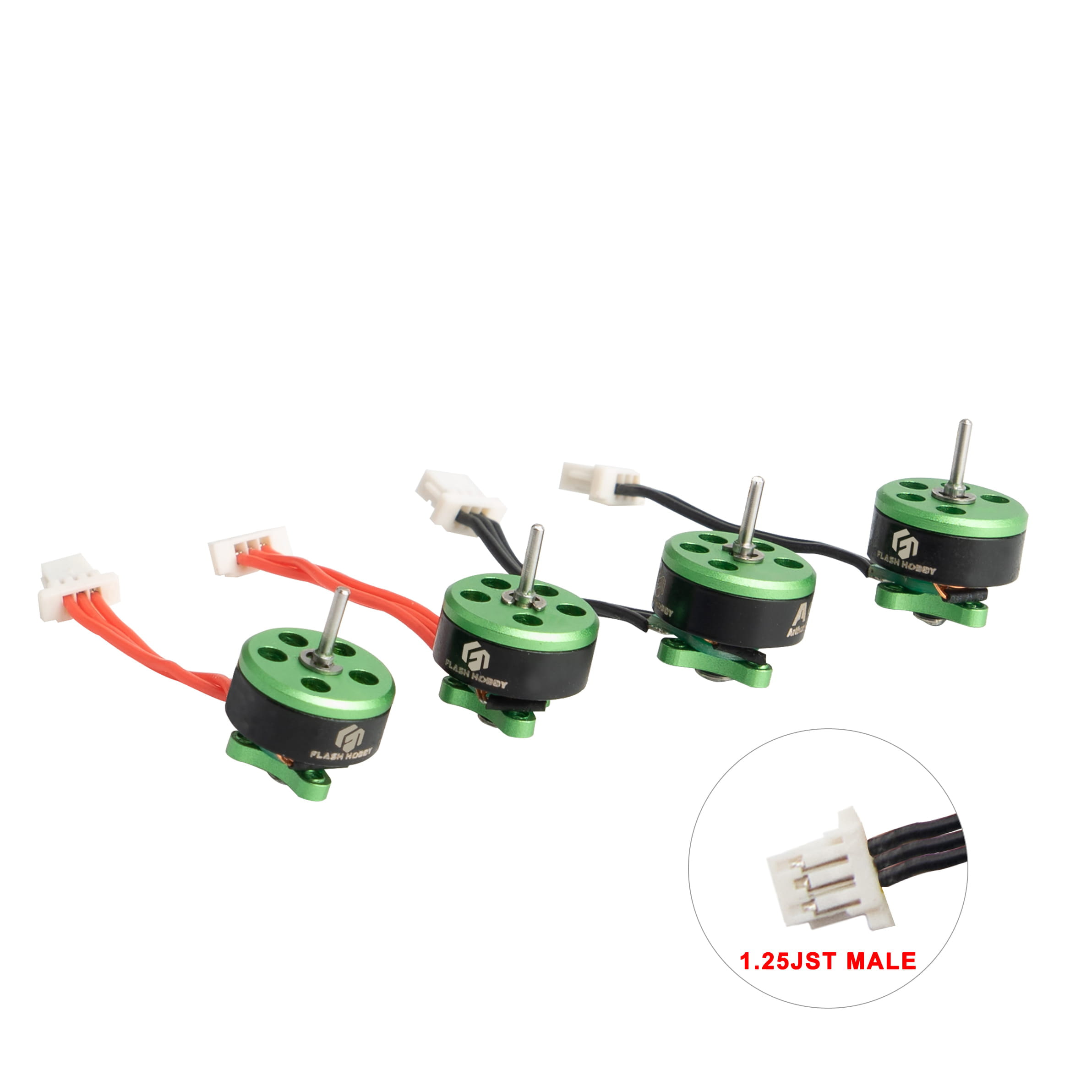What is the use of brushless motor?
2023-10-17
A brushless motor is an electric motor that operates without the use of brushes and commutators typically found in traditional brushed motors. Instead, it uses electronic commutation to control the motor's operation. The use of brushless motors offers several advantages and finds applications in various industries. Here are some key uses and benefits of brushless motors:
1. Improved Efficiency: Brushless motors are more efficient than brushed motors because they eliminate the friction and wear associated with brushes and commutators. This improved efficiency results in reduced energy consumption, longer operating times, and increased battery life in applications such as electric vehicles and portable devices.
2. High Power-to-Weight Ratio: Brushless motors are known for their high power-to-weight ratio, making them suitable for applications where lightweight and compact designs are required. This feature is particularly valuable in industries such as aerospace, robotics, and automotive, where weight reduction is critical for performance and efficiency.
3. Higher Speed and Torque: Brushless motors can achieve higher rotational speeds and torque compared to brushed motors. This characteristic makes them suitable for applications that require high-performance capabilities, such as power tools, industrial machinery, and drones.
4. Reduced Maintenance: The absence of brushes in brushless motors eliminates the need for regular maintenance associated with replacing worn-out brushes. This reduces downtime and maintenance costs, making brushless motors a preferred choice in industrial and commercial applications.
5. Enhanced Durability: Since there are no brushes to wear out, brushless motors have a longer lifespan compared to brushed motors. This increased durability makes them ideal for applications that require continuous and reliable operation, such as HVAC systems, pumps, and electric fans.
6. Precise Speed and Position Control: Brushless motors offer precise control over speed and position due to their electronic commutation system. This feature is beneficial in applications that require accurate and controlled motion, such as robotics, CNC machines, and industrial automation.
7. Quieter Operation: The absence of brushes and commutators in brushless motors leads to reduced electrical and mechanical noise during operation. This makes brushless motors suitable for applications that require quiet operation, such as medical equipment, electric vehicles, and consumer electronics.
8. Regenerative Braking: Brushless motors can support regenerative braking, a process in which the motor converts kinetic energy back into electrical energy during deceleration or braking. This feature is advantageous in electric vehicles and hybrid systems, as it improves energy efficiency and extends battery life.
Overall, brushless motors offer numerous advantages over brushed motors, including higher efficiency, increased power-to-weight ratio, improved durability, and precise control. These characteristics make brushless motors well-suited for a wide range of applications across industries, including automotive, aerospace, robotics, consumer electronics, and industrial automation.



